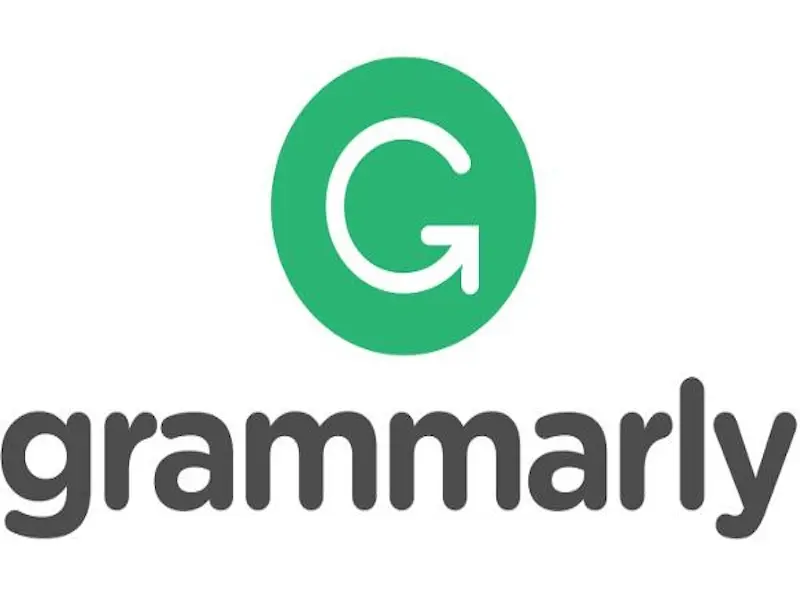- Grammarly Authorship aims to help educators identify AI-generated text in student assignments by tracking real-time writing activities.
- The tool may face challenges regarding privacy concerns and its reliability in distinguishing between student-written and AI-generated content.
OUR TAKE
Grammarly Authorship is a timely response to the growing concerns about AI-generated content in education. While it offers an innovative solution for detecting AI involvement in student work, there are valid privacy concerns. Students should have the autonomy to share their final drafts without feeling scrutinised or monitored. Striking a balance between academic integrity and student privacy will be crucial for the success of this tool.
–Lily,Yang, BTW reporter
What happened
Grammarly has launched a new beta feature called Grammarly Authorship, which aims to detect AI-generated content within Google Docs, particularly assisting educators in identifying when students use AI for assignments. With the rising prevalence of tools like ChatGPT, the demand for such detection methods has intensified.
Existing detection methods often produce false positives, especially among students learning English. Grammarly Authorship addresses these issues by monitoring the writing process in real-time, noting when text is typed, pasted, or generated with AI assistance.
This feature integrates with numerous writing platforms and focuses on enhancing dialogue about AI usage in education. Despite its benefits, trust in the tool remains a concern, as educators must assess its effectiveness in real-world scenarios.
Additionally, privacy worries may hinder its acceptance among students, who might be uncomfortable sharing their entire writing process rather than just the final product.
Also read: OpenAI blocks Iranian ChatGPT accounts for U.S. election targeting
Also read: ChatGPT is not a search engine: Understanding its limitations
Why it’s important
The announcement of Grammarly Authorship is a major step forward in addressing the challenges of AI-generated text in educational Settings. By providing real-time tracking of the writing process, the tool could potentially reduce false accusations against students while increasing transparency in the essay production process.
It aims to promote discussion about the role of AI in education, which is commendable, especially given that many institutions lack clear policies on the use of AI. However, the reliance on such technology has raised privacy concerns. Students may hesitate to use a tool that meticulously records every step of their writing for fear that their iterative process will be judged.
It is important for the adoption of this tool to strike a balance between academic integrity and respect for student privacy. As Grammarly enters the highly competitive market for AI detection tools, its effectiveness and credibility will ultimately determine its impact on educators and students.

